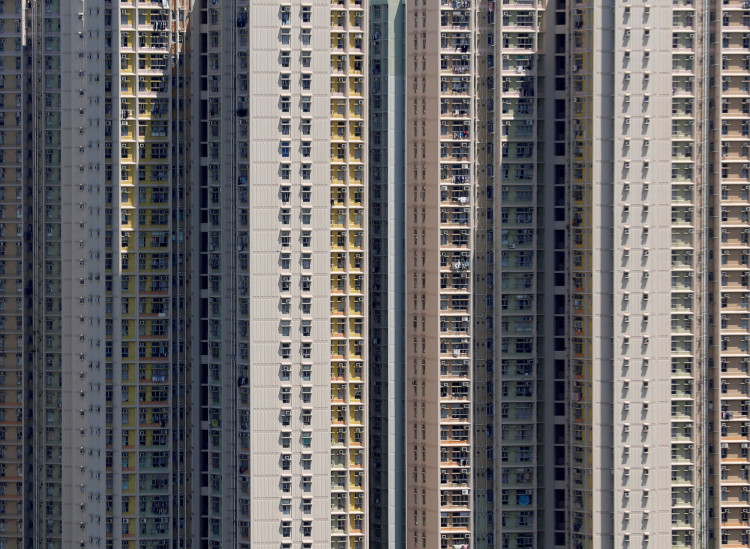The government of Shenzhen has announced plans of increasing the supply of new residential properties this year in an attempt to stabilize the continually growing home prices in the high-tech city. The move comes as analysts point to a possible asset bubble rapidly emerging as the economy reopens and demand for homes skyrocket.
According to the Shenzhen Housing and Construction Bureau, the city plans to have more than 69,350 units available by the end of the year. As of May, the city has around 50,434 subsidized units on sale to the public. The announcement is the first time that the housing agency has released data to the public, a sign that the government may be increasing its transparency to curb speculative housing purchases.
Home prices in Shenzhen had been gradually increasing as banks eased loan restrictions. Similar to the housing situation in California in the United States, home prices in areas such as Shenzhen's Nanshan district have dramatically increased given its proximity to the headquarters of tech giants such as ZTE and Tencent Holdings.
Home prices in the district have surged by more than 16 percent over the past 12 months. Last month, a plot of land in the area was sold for a record $1.63 billion. The purchase roughly translates to a price of around 63,126 yuan per square meter or about 10 percent more than the previous land purchase record set in December 2019.
The city's second-hand home prices have so far increased by 10 percent as of April, a big jump from the average 0.4 percent growth in other major Chinese cities. The increase has also been attributed to China's overall easement of property restrictions in recent months, driving up demand. China's efforts to hasten economic recovery by released massive amounts of loans have raised concerns about a potential asset bubble.
The sudden surge in home prices in Shenzhen came after the city loosened its restrictions in the local property market. This included the lowering of the minimum funds required for land auctions, the shortening of mortgage approvals, and the increase of the price cap for new housing projects. Chinese Premier Li Keqiang had previously warned that housing should not part of speculative investments.
The government's response to curtail the rising home prices has been met with criticism. Instead of controlling demand, the government is trying to adjust prices from the supply end, which may end up having detrimental effects on the overall market sentiment. Analysts from Tianfeng Securities point out that the government's move to increase supply will likely not stimulate the sector nor bring it down in the short term.






